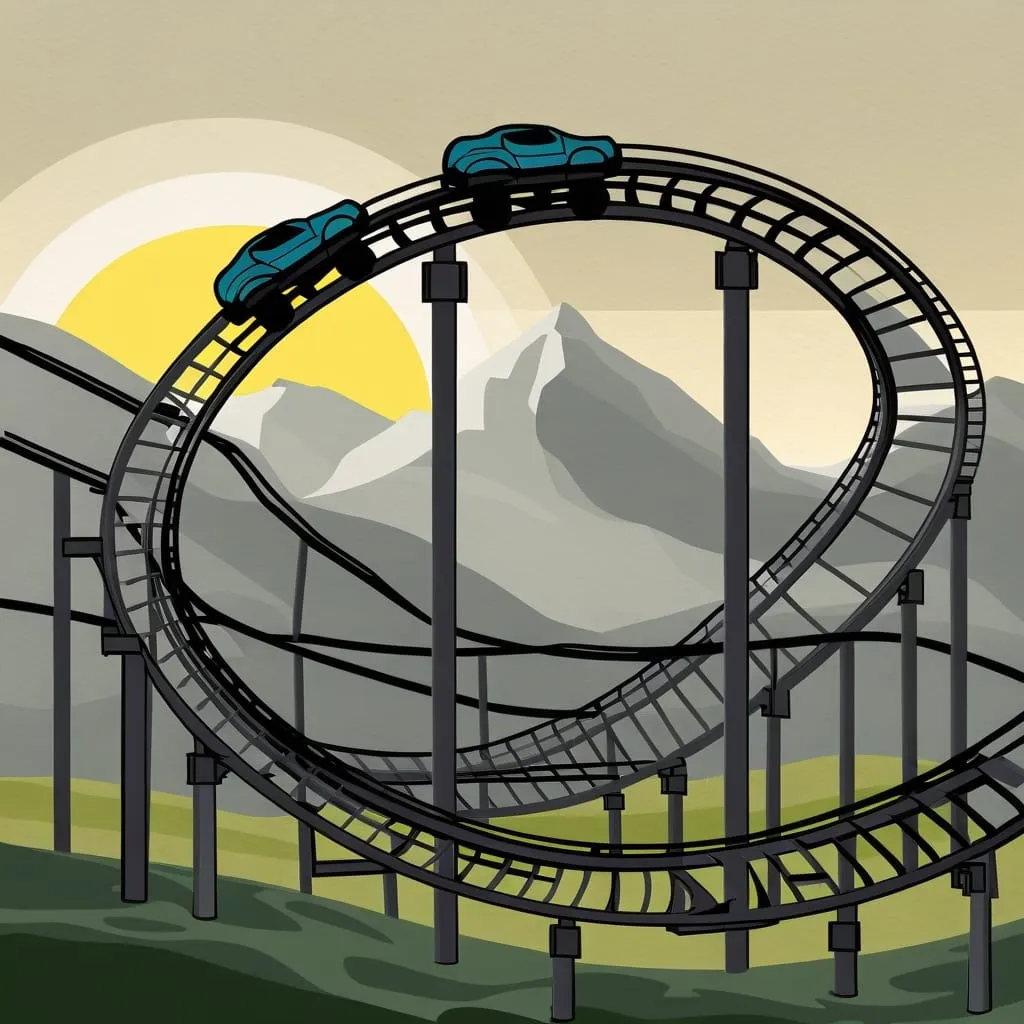Investing in Yourself Through Skills Development: The ROI You Can’t Afford to Miss!
Investing in yourself boosts confidence, career prospects, and personal growth. It's a lifelong journey that benefits both individuals and companies. Continuous learning is key to success in today's fast-changing world.

The ‘Daily Highlight’ System: How to Achieve More with Just One Goal
Daily Highlights boost productivity by focusing on one key task daily. It cuts through distractions, aligns with big goals, and provides motivation. Personalize timing, resist adding extra tasks, and protect your highlight time for success.

The Simple Trick That Top Performers Use to Stay Energized All Day!
Boost energy with sunlight, movement, nutrition, hydration, breaks, positivity, sleep, music, and mindfulness. Balance tasks and self-care. Find personalized strategies for sustainable all-day vitality.

Why Investing in Bonds for Income is a Game Changer for Retirees!
Bonds offer stability and steady income for retirees, balancing portfolios against stock market volatility. They provide tax benefits, safety, and predictable cash flow. Bond laddering and funds offer flexible strategies for retirement planning.

Staying the Course During Market Volatility: The Millionaire’s Secret!
Staying invested during market volatility is crucial for long-term success. Diversify, control emotions, and focus on goals. Market fluctuations are normal; patience and discipline lead to wealth building over time.

Peer-to-Peer Lending: The Investment Opportunity You’re Missing Out On!
Peer-to-peer lending connects borrowers and lenders directly online, bypassing banks. It offers potentially lower rates for borrowers and higher returns for investors, but carries risks like defaults and lack of liquidity.

The Magic of Using Stop-Loss Orders to Protect Your Portfolio!
Stop-loss orders protect investments by automatically selling when prices drop. They reduce emotional decisions, lock in profits, and manage risk. Research shows they can improve returns while lowering losses.

Investing in Commodities: The Strategy to Hedge Against Inflation!
Commodities act as an inflation hedge, diversifying portfolios and maintaining value during economic uncertainty. Invest through ETFs or commodity-producing companies for long-term protection against rising prices and economic volatility.

The Secret to Writing Emails That Get Responses in Minutes!
Clear, concise emails with specific requests and easy-to-reply options prompt quick responses. Use scannable formats, compelling subject lines, and clear calls-to-action to enhance readability and urgency.

Why You’re Wasting 80% of Your Day and How to Fix It!
The 80/20 rule suggests focusing on the 20% of tasks that yield 80% of results. Identify high-impact activities, manage time effectively, minimize distractions, and prioritize tasks to boost productivity and achieve more with less effort.

Automating Your Investments: The Lazy Investor's Path to Wealth!
Lazy investing: Automate contributions to low-cost index funds in tax-advantaged accounts. Diversify with multi-asset funds or robo-advisors. Minimize emotional decisions by checking infrequently. Consistent, hands-off approach builds wealth over time.

How to Spot Undervalued Stocks Before Everyone Else!
Undervalued stocks offer great potential. Analyze financial ratios, compare companies, watch emerging industries. Use stock screeners, personal knowledge, and patience. Diversify investments and keep learning. Trust your gut after thorough research.

